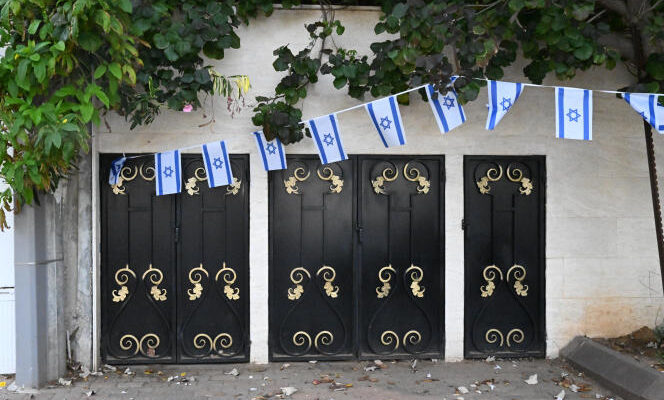Fifteen years after the carbon VAT fraud, more than ten years after the first convictions, almost all Franco-Israeli exiles from CO2 lives under the threat of an international arrest warrant, even an Interpol red notice, but none have been sent back to Paris – or else following new offenses committed in Israel, which, unlike France, extradites its nationals.
It is up to the National Financial Prosecutor’s Office (PNF) – for convicted persons who have not appealed – and to the General Prosecutor’s Office (PG) of Paris – for those convicted on appeal – to enforce the sentences, and therefore to address, by through the Office of International Criminal Assistance, extradition requests to the Israeli Ministry of Justice. The PNF, to date, has made six requests and is preparing six more. The PG formulated sixteen, ten of which came back to it “for adaptation to Israeli requirements”according to one of its magistrates. “Extradition requests require substantiated evidence and we often need clarifications”we explain on the Israeli side.
“It’s complicated with Israel because they have one of the most distant legal systems from ours”, analyzes Olivier Christen, director of criminal affairs and pardons. In fact, the standards of proof and procedure that prevail in Europe are not those of this country, whose law is “more demanding in terms of formalism”, according to Mr. Christen. Another problem: unlike France, Israel considers as null and void the conviction of a defendant absent at his trial but represented by a lawyer – which was the case for the vast majority of “COs”.2 “.
Some French magistrates nevertheless mention “a not very friendly policy”or even a “ill will” Israeli side. “The faults are undoubtedly shared”tempers an investigating judge who investigated the CO2underlining a form of inertia of the PG on the one hand, and a lack of means on the other hand. “At the PNF, how many people are involved in the execution of sentences? », he asks. Answer: only one magistrate, idem with the PG, and it is a particularly thankless and tedious work which it is necessary to carry out among other tasks. “Put three full-time people on these files would cost much less than it would bring. »
Sensitive subject
In the meantime, Mr. Christen wants to be rather optimistic: “We can always do better, but from a situation of complete impasse ten years ago, we have moved on to a common will to work manifestly. Israel absolutely does not want to be seen as a haven for crooks. There is no doubt that there will be many extraditions in the months or years to come. »
You have 34.86% of this article left to read. The following is for subscribers only.
